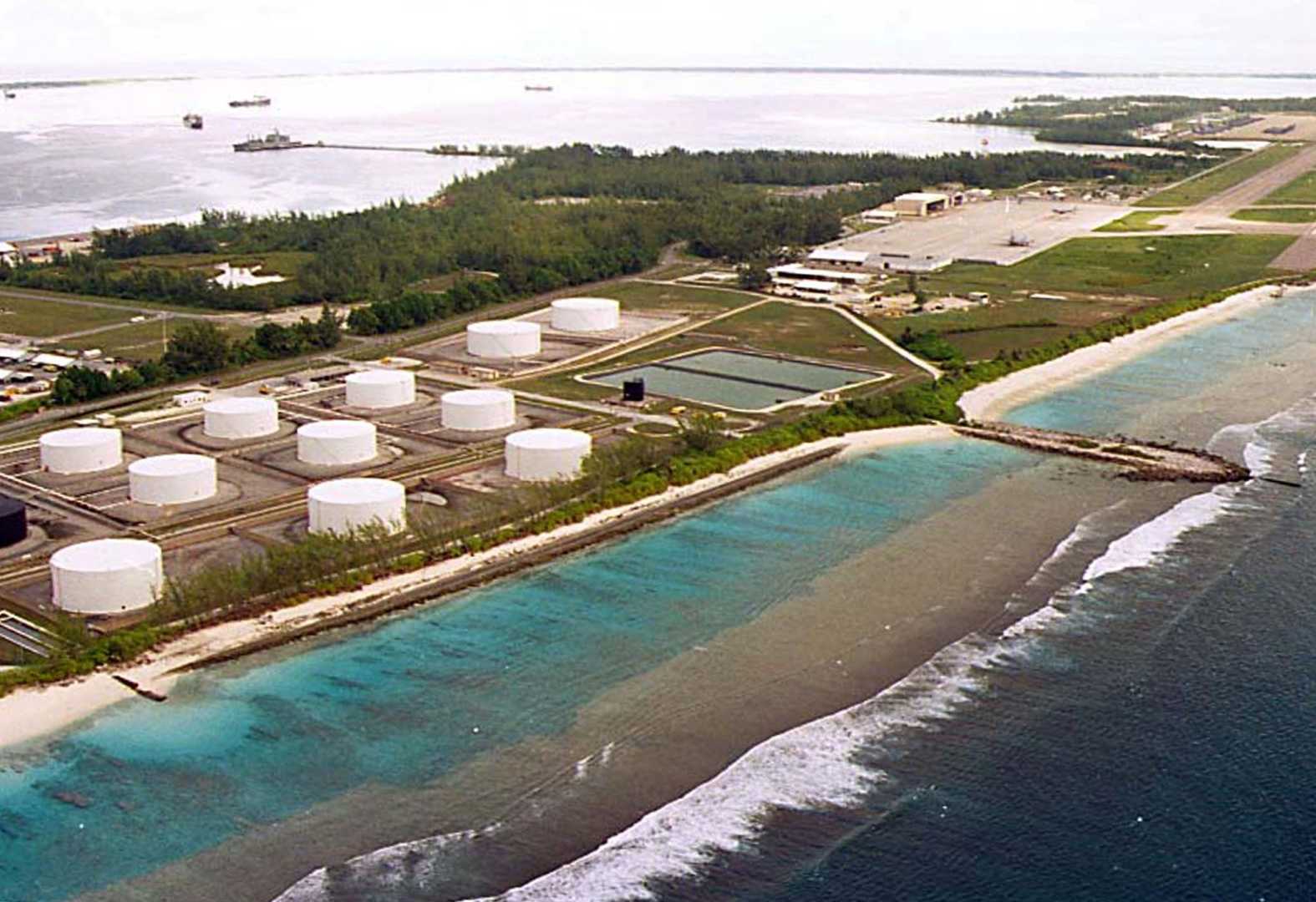News
UK Agrees to Transfer Sovereignty of Chagos Islands to Mauritius

The United Kingdom has announced its decision to relinquish sovereignty over the Chagos Islands, a strategically significant group of islands in the Indian Ocean, to Mauritius. This decision brings to an end more than fifty years of dispute, following a protracted period of negotiations between the two countries.
The Chagos Islands, including the Diego Garcia atoll, have been of significant strategic importance. Diego Garcia hosts a major U.S. military base, utilized for navy ships and long-range bombers. Despite the sovereignty transfer, the UK and the U.S. will maintain their military presence on Diego Garcia, which has been a crucial factor in the agreement amid growing geopolitical tensions between Western nations, India, and China in the region.
The announcement of the agreement was made in a joint statement by UK Prime Minister Keir Starmer and Mauritius Prime Minister Pravind Jugnauth. Their statement emphasized the historic nature of the agreement, highlighting its aim to peacefully resolve long-standing disputes and reiterating the importance of the rule of law. “This is a seminal moment in our relationship,” the statement read.
Under the agreement, which requires the finalization of a detailed treaty, the UK has committed to providing a financial package to Mauritius. This package includes annual payments and investments in infrastructure, facilitating the resettlement of Chagossians, though not on Diego Garcia itself, where military operations will continue for the next 99 years. Mauritius will spearhead the resettlement efforts, allowing displaced Chagossians to return, although access to Diego Garcia remains restricted.
The move has been met with mixed reactions among the Chagossian diaspora. Frankie Bontemps, a second-generation Chagossian living in the UK, expressed his disappointment, stating that the Chagossians were not consulted in the decision-making process. “We remain powerless and voiceless in determining our own future,” he stated in an interview with BBC.
In the face of international pressure, including resolutions from the United Nations General Assembly and advisory opinions from the International Court of Justice (ICJ), the UK has faced mounting calls to resolve its claim over what was often described as its “last colony in Africa.” Historically, Mauritius contended that it had been coerced into relinquishing the Chagos Islands in return for its independence in 1968.
The UK’s decision is reflective of a shift in international stances, propelled by growing support for decolonization and the need to strengthen international diplomatic ties following Brexit. The transfer agreement has been respected by several nations, including the United States, with President Joe Biden commending the diplomatic efforts to forge a “peaceful and mutually beneficial outcome.”
Nevertheless, the agreement has sparked controversy within the UK. Critics, including some Conservative Party members, have labeled the decision a “shameful retreat.” Former Foreign Secretary James Cleverly criticized the agreement as “weak,” while others within the Tory leadership contest decried it as against Britain’s interests.
This transfer marks a significant reduction of the UK’s overseas territories, leaving only a handful such as Bermuda, the British Virgin Islands, and Gibraltar among others. The peaceful handover of the Chagos Islands exemplifies the UK’s adherence to international legal norms while marking the end of an era of colonial governance in the Indian Ocean.












